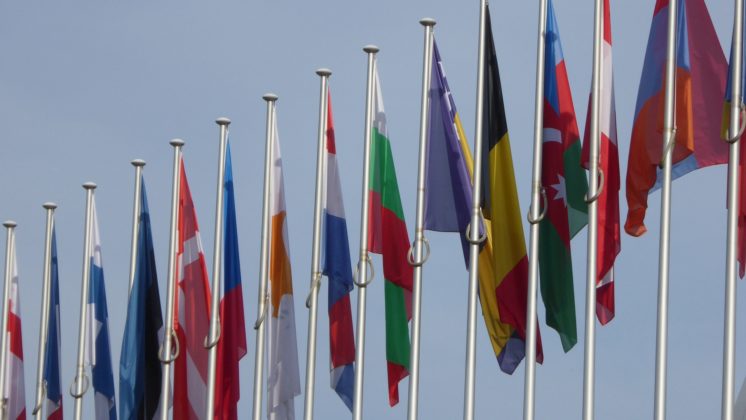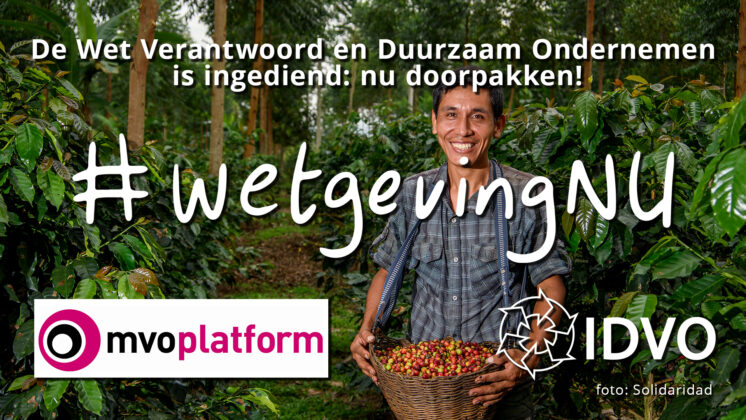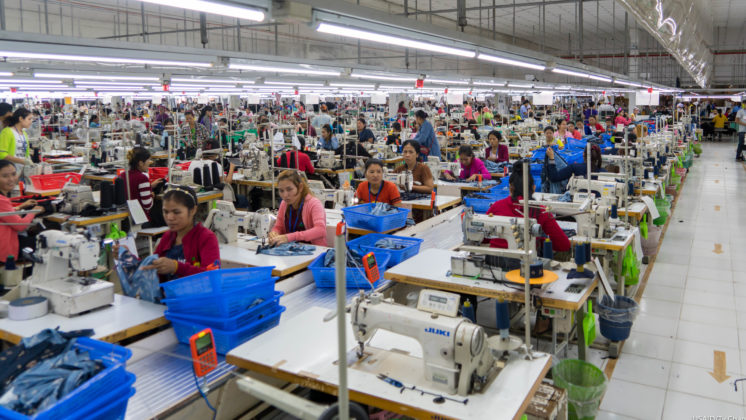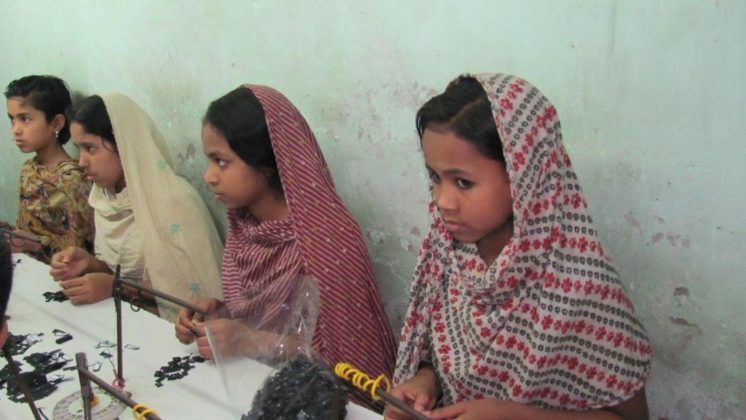The objective of this document is:
- to identify the responsibilities of civil society organisations, in order to make their expectations in this area clear;
- to make a contribution to the coherence of the debate about supply chain responsibility;
- to supplement the advice Sustainable Globalisation, a world to be won which the government received this summer from the Socio-Economic Council (SER);
- to make recommendations to the government and the business community.
This joint vision is based on the international system of rights, obligations, standards and guidelines applicable to CSR, as described in the CSR Frame of Reference.
That a company bears responsibility for its production and trade chains is determined in the definition of corporate social responsibility (CSR) applied by the MVO Platform in its CSR Frame of Reference:
“CSR is a process whereby a company assumes responsibility, across it's entire supply chain, for the social, ecological and economic consequences of the company's activities, reports on these consequences, and constructively engages with stakeholders.”
The point of departure is therefore a responsibility for the entire supply chain. The extent to which a company is responsible within a chain is determined, among other things, by the influence of the company and the seriousness of possible abuses.
The text below describes the voluntary supply chain responsibility which is being worked towards for companies in 2008 and the current role played by the public sector and civil society organisations. It also addresses supply chain transparency and supply chain liability.
The MVO Platform considers greater supply chain transparency (openness of companies) to be of great importance to taking the existing voluntary supply chain responsibility to a higher level. Supply chain liability (the legal anchoring of supply chain responsibility) makes it possible for minimum requirements to apply to all businesses.





